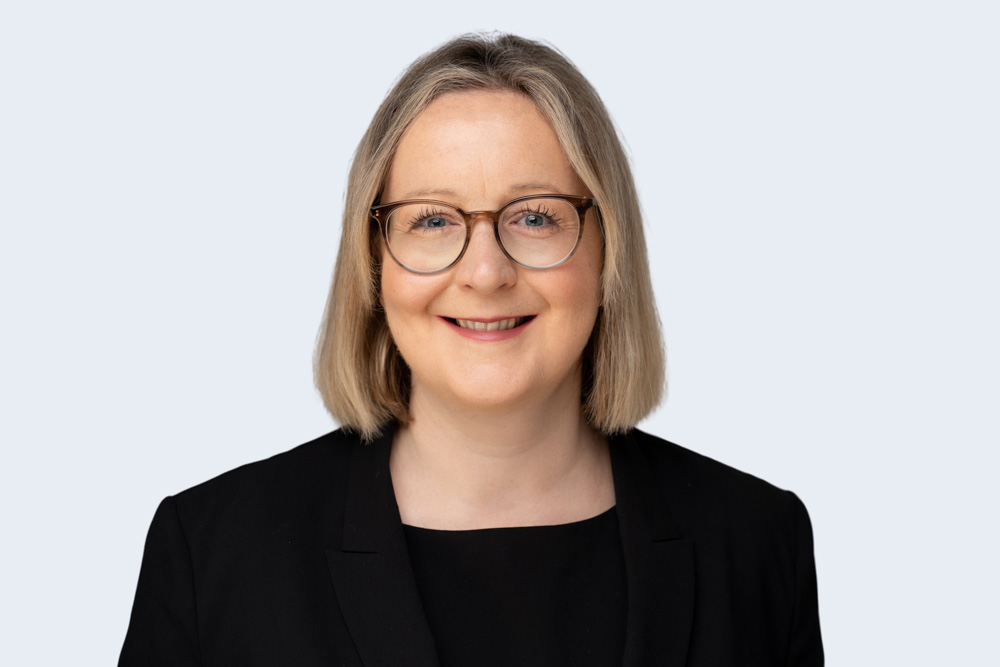

2-8 August 2021 marks National Surrogacy Week. Here is some more information about surrogacy.
What is Surrogacy?
Surrogacy is where a woman becomes pregnant with a child and carries the child for another family.
The woman who carries the child is referred to as the surrogate. The intended parents are those who intend to parent the child.
Traditional or genetic surrogacy is where the egg of the surrogate is used. Gestational or host surrogacy is where the surrogate has no genetic relationship to the child.
Parentage is transferred to the intended parents via a parental order.
The growth of surrogacy
Surrogacy is an increasingly popular mechanism through which people create their family. The Human Fertilisation and Embryology Authority (“HFEA”) statistics show that in 2019 there were 325 IVF treatment cycles with surrogates, an increase from 79 in 2000. In 2019, 444 parental orders were granted in England and Wales, an increase from 117 in 2011.
Under the Human Fertilisation and Embryology Act 1990, only heterosexual married couples could apply for parental orders. They are now joined by same sex married couples, couples in a civil partnership, couples who are neither married nor civil partnered but living together in an ‘enduring family relationship’ and single people.
In 2020 The Supreme Court held that a woman could receive damages from an NHS Trust to cover the costs of commercial surrogacy in California. The trust wrongly interpreted smear test results following which she developed cancer and treatment led to her being unable to have a child.
Finding a surrogate
It an offence to place or publish an advertisement that a person is or may be willing to be a surrogate or that a person is looking for a surrogate. This includes advertising on the internet.
Commercial surrogacy is illegal in England and Wales although there is nothing to stop agencies based abroad from helping to make surrogacy arrangements on a commercial basis abroad.
Surrogacy arrangements are unenforceable in England and Wales.
Parenthood following surrogacy
Section 33 of the Human Fertilisation and Embryology Act 2008 defines the mother as the woman who is carrying or who has carried the child is the child’s mother. This means that the surrogate is the legal mother of the child born through surrogacy.
If the surrogate is married or in a civil partnership, then her spouse or civil partner will be the legal parent unless it is shown that they did not consent to “the placing in her of the embryo or the sperm and eggs or to her artificial insemination (as the case may be).”
There has been some confusion about the wording “unless it is shown that they did not consent” Anest represented the husband in one of the leading cases about this point and is able to advise should any question arise.
The intended parent (s) must apply for a parental order which extinguishes this parenthood and provides for the child to be treated as the child of the applicant(s).
The requirements for a parental order are strict and we would always recommend that you seek legal advice before embarking on a surrogacy arrangement, regardless of where the arrangement takes place.
Treatment in a UK Clinic
Fertility clinics in the UK are regulated by the HFEA.
The clinic must ensure that those involved in surrogacy arrangements have received information about legal parenthood; the parental order provisions in the Human Fertilisation and Embryology Act 2008; the requirements that the gametes of one of the intended parents must be used; that surrogacy arrangements are unenforceable.
Clinics must be satisfied that those involved in surrogacy arrangements have received enough information and understand the legal implications of the arrangements. We are able to advise parties and provide a letter to the clinic confirming that this advice has been given.
Clinics must advise patients intending to travel abroad for surrogacy that they are encouraged not to travel without seeking legal advice about: the legal parenthood of the prospective child; immigration status and passport arrangements; the adoption or parental order procedures in that country; the degree to which those procedures would be recognised in the part of the UK in which the patients live.
Clinics should ensure that any person intending to begin treatment as a surrogate (and her partner) and those intending to enter a surrogacy agreement as an intended parent has discussed the implications of treatment and entering into a surrogacy arrangement. The HFEA expectation is that the discussion of implications should be delivered by a qualified counsellor with appropriate knowledge of surrogacy arrangements. Those counsellors who are accredited by BICA are suitably qualified.
There are additional requirements If donor gametes, such as donor eggs, are used.
Parental Orders
Within six months of a child’s birth, the intended parents must apply for a parental order.
The court will need to be satisfied that the conditions found in sections 54 and 54A Human Fertilisation and Embryology Act 2008 are met. Areas of difficulty tend to relate to the following requirements:
If there are two applicants, the applicants must be husband and wife or civil partners of each other; or two persons who are living as partners in an enduring family relationship and are not within prohibited degrees of relationship in relation to each other. Difficulties have arisen when the proposed applicants have separated prior to the order being granted.
The court must be satisfied that both the woman who carried the child; and any other person who is a parent of the child but is not one of the applicants have freely, and with full understanding of what is involved, agreed unconditionally to the making of the order. There are times when the surrogate has refused to provide her consent to the making of the order.
The court must be satisfied that no money or other benefit (other than for expenses reasonably incurred) has been given or received by either of the applicants for or in consideration of making of the order, any agreement required by subsection (6) (the consent to the making of the order), the handing over of the child to the applicants; or the making of arrangements with a view to the making of the order, unless authorised by the court. These payments are scrutinised and difficulties arise when records are not kept.
At the time of the application and the making of the order the child’s home must be with the applicant(s); and the applicant or either or both of the applicants must be domiciled in the United Kingdom or in the Channel Islands or the Isle of Man. Domicile is not the same as residence. It is particularly important that those intended parents who were born outside the of the UK, Channel Islands or Isle of Man obtain legal advice about domicile. The court has declined to make an order where the intended parents were domiciled abroad but the court has made an order where one of the intended parents remained domiciled in the UK, but the family lived abroad.
The court will direct that a parental order reporter prepares a report for the court. He or she will investigate whether the requirements of the Act are met. They will consider the child’s welfare and make a recommendation to the Court as to whether the order should be made. The child’s welfare throughout his or her lifetime must now be the court’s paramount consideration.
Specific issues in international surrogacy
It is important to reiterate that intended parents will still need to apply for a parental order for their parenthood to be recognised in England and Wales, even if they are named on the birth certificate in the country where the child was born.
Intended parents should obtain advice from a specialist immigration solicitor about nationality and possibly immigration law. In some cases, a child may obtain a passport of the country where they were born and so travel back to the UK on that passport, although technically their entry may be breaching immigration rules. In other cases, then British nationality will need to be obtained before a passport may be applied for. We have close working relationships with immigration solicitors.
Anest Mathias is a senior solicitor in the Family department at TV Edwards. She has broad professional experience in relation to surrogacy and fertility cases. Contact Anest on anest.mathias@tvedwards.com or 020 3440 8049 for advice on a related query.







